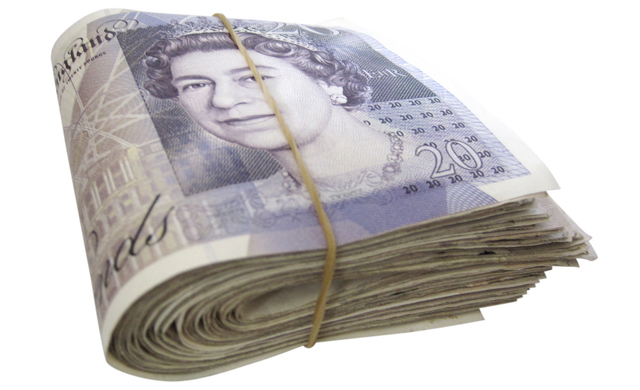It’s hard to believe, but a year ago the GBP/USD pair was trading above 1.36. How did it happen that the pound collapsed by more than 16% since then? Mainly, this could be contributed to Brexit, political crisis, general economic environment, and rising social anxiety.

Over the past couple of months, the United Kingdom has faced a series of protests and strikes. Another march of British Network Rail employees is scheduled for October 1. The strike, which will last for 24 hours, will lead to an almost complete stoppage of rail traffic in the country. As for the economic situation, inflation in Britain is close to the levels of 40 years ago. According to the British statistics office, consumer prices excluding housing costs in August 2022 were 9.9% higher than a year earlier.
Tight monetary policy from the Bank of England could have fixed the situation, but the recent plans of the Liz Truss government are putting all the efforts of the regulator to naught. On top of that, the head of the Ministry of Finance canceled the top level of income tax and also refused to raise the payroll tax on national insurance.
Against this background, the pound sterling fell to 1.35, and the ten-year yield approached the 4.5% mark. The situation went so far that the Bank of England promised to start buying long-term government bonds in any quantity in order to raise prices on them again and lower rates.
On top of this, Britain’s largest banks temporarily stopped offering mortgages to new customers. The lending institutions Virgin Money and Skipton Building Society added that mortgage deals are not being given to new customers due to the turbulent market situation. Banks will raise interest rates to curb inflation as the pound weakened on record.
The IMF, in the meantime, urged Liz Truss to repeal the maximum income tax rate cut. Moody’s analysts, for their part, suggested that the Truss government’s latest actions make it less likely that the British economy will stabilize by 2026, and changed their forecasts for UK GDP growth next year.
If the new prime minister decides to follow the calls of the economists, we do not exclude the possibility that we will soon see snap elections. A political crisis is the last thing Britain needs in such difficult times.

 Hot Features
Hot Features













